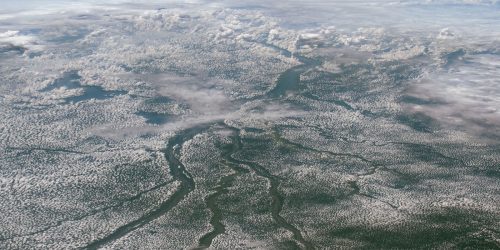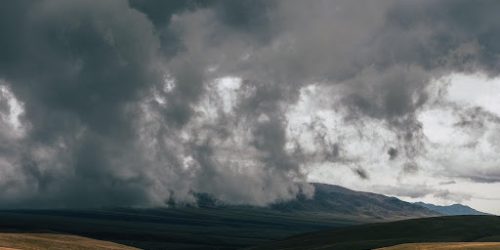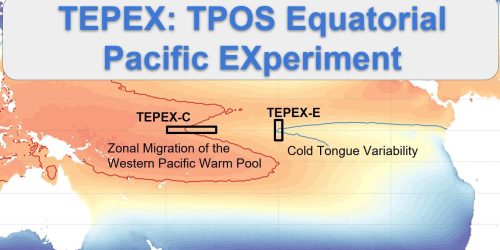The Climate Program Office’s Atmospheric Chemistry, Carbon Cycle and Climate (AC4) Program supported new research examining wildfire impacts on air quality and public health in the continental USA from 2000 to 2020. This work is jointly funded by OAR and NESDIS and executed through the NOAA Atmospheric Composition from Space (NACS) team. Supported researchers, Jun Wang from the University of Iowa and Susan Anenberg from George Washington University, collaborated with NOAA scientist Shobha Kondragunta and a team from NASA, and four other academic institutions to examine increasing wildfires and associated health risks in the western U.S. This work, published in The Lancet Planetary Health, contributes to an AC4 initiative to understand long-term trends in atmospheric composition and ultimately help plan for and respond to impacts.
The researchers estimated fine particles (PM2.5) and highly toxic black carbon pollutants using a deep learning model, or a method of artificial intelligence that teaches computers to process data in a way inspired by the human brain. After overall improvements in air quality and a decrease in premature deaths related to PM2.5 and black carbon until 2010, the western U.S. experienced a concerning reversal. Since 2010, there has been a 55% increase in PM2.5, an 86% increase in black carbon, and 670 more premature deaths annually in this region. The study attributes this shift to the escalating frequency and intensity of wildfires. Notably, 100% of populated areas in the USA experienced PM2.5 pollution exceeding guidelines on at least one occasion, with recent wildfires greatly exacerbating exposure risks in western regions. These findings stress the importance of effective wildfire management policies alongside climate mitigation efforts to safeguard air quality and public health.
For more information, contact Clara Deck.
Image credit: Pixabay










